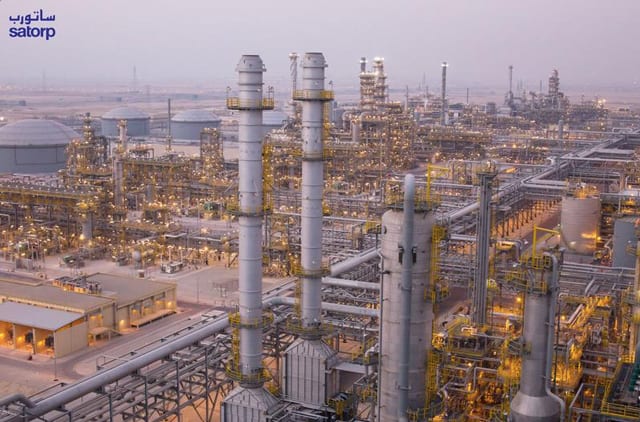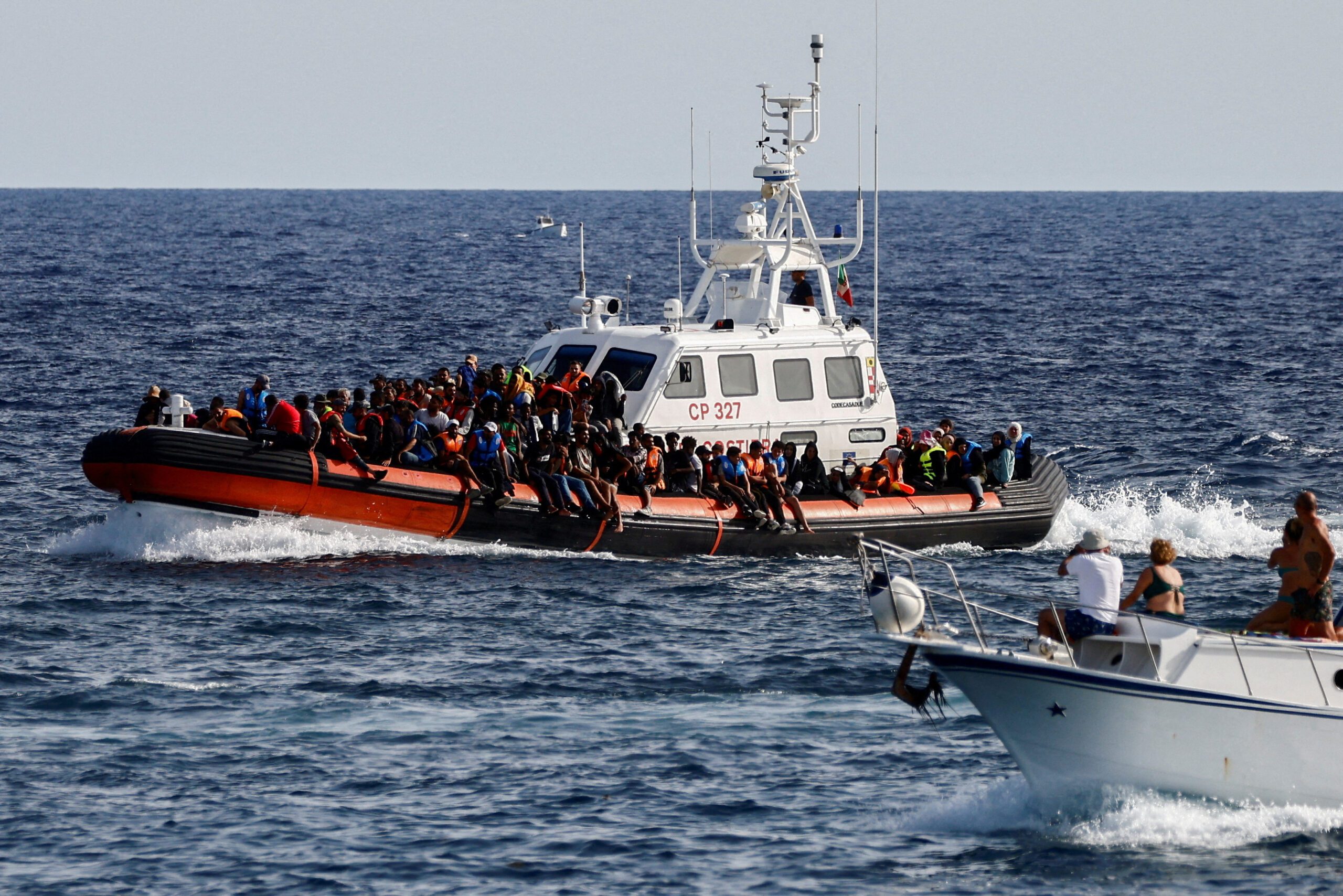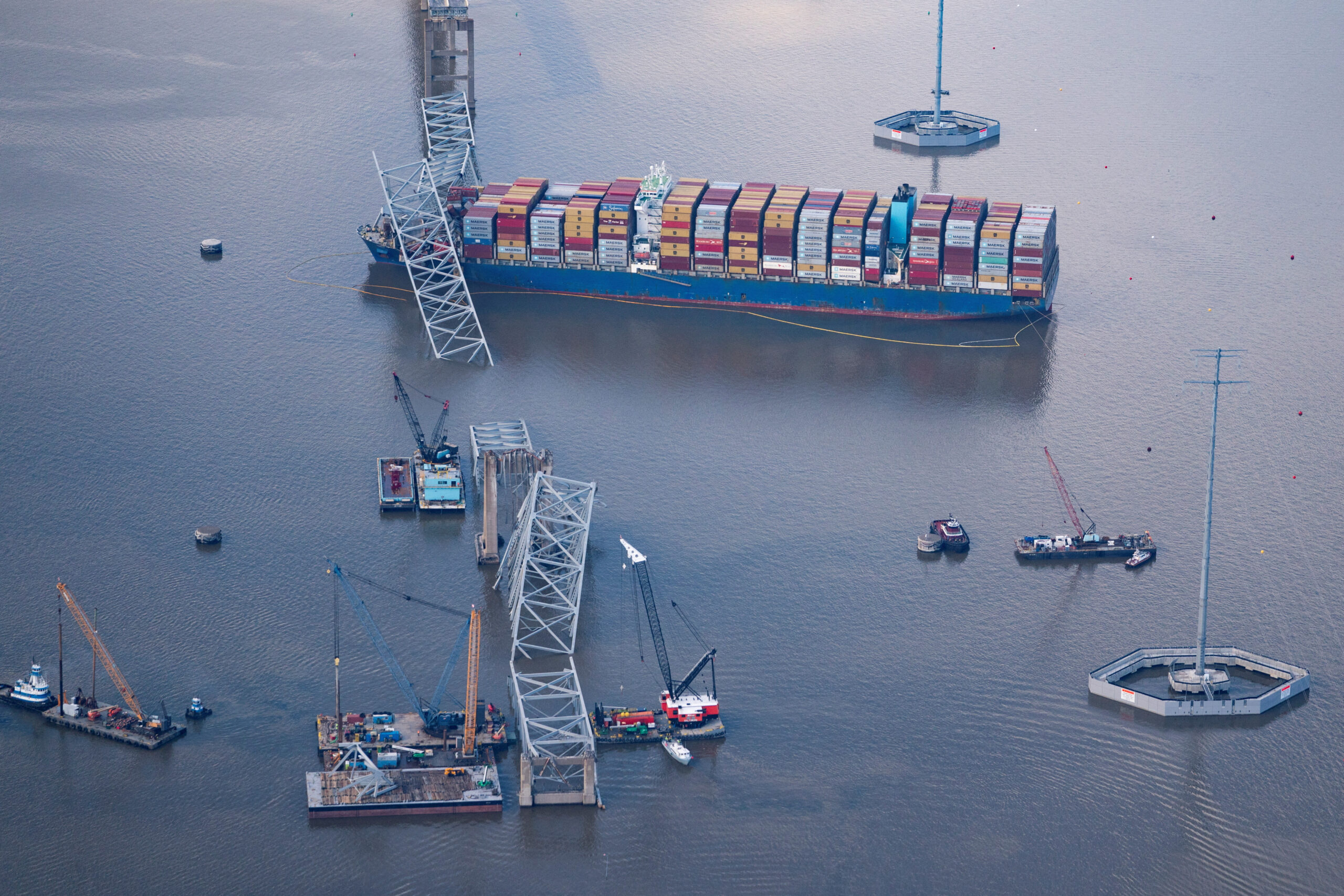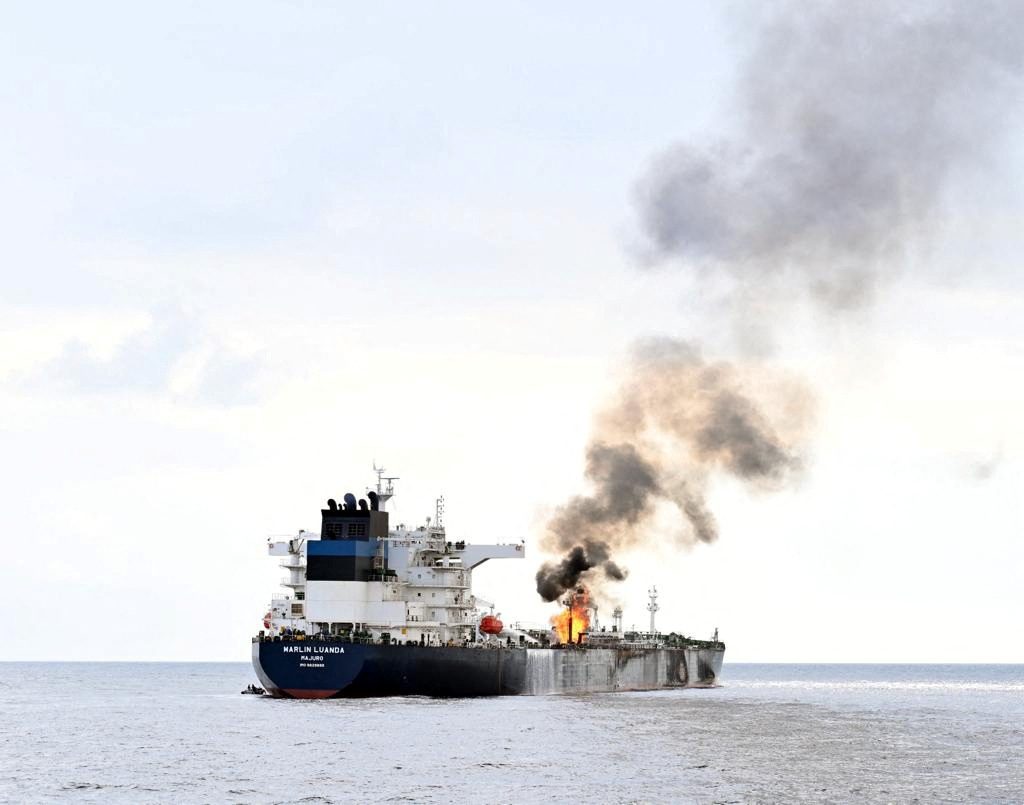Image courtesy Satorp
By Grant Smith
(Bloomberg) — Saudi Arabia has a response to the global surplus of oil: Raise output to near-record levels and then pump even more.
The world’s biggest oil exporter, having abandoned last year its role of keeping global markets in balance, now has incentive to maximize output and undermine rival producers by using its reserve capacity, according to Citigroup Inc. and UBS AG. Just meeting its own domestic demand this summer will require a lot more fuel, others estimate.
The increase — a snub to fellow OPEC members calling on the kingdom to cut production — will heighten tensions when the organization meets in June. Oil plunged to a six-year low near $45 a barrel in January, six weeks after the Saudis overcame opposition within the group to keep up output despite surging U.S. shale supplies.
“Increasing production and exports is the clear implication of Saudi’s new oil policy,” Seth Kleinman, head of European energy research at Citigroup in London, said by e-mail. “If you want to pressure high cost producers, why hold oil back on spare capacity? Use it all and use it now.”
Output Surge
The biggest member in the Organization of Petroleum Exporting Countries boosted output to 10.1 million barrels a day in March, close to an all-time peak, the International Energy Agency reported on April 15. Saudi Oil Minister Ali Al-Naimi, who has stressed that his country won’t cede market share to higher-cost producers, said in the capital Riyadh on April 7 that production was at 10.3 million barrels and would remain close to that.
The output decision was “forced upon them” by the runaway growth of U.S. shale, which threatened to erode their market share, Yusuf Alireza, chief executive officer of commodity trader Noble Group Ltd., said at a conference in Lausanne, Switzerland, on April 21.
Saudi Arabia’s crude exports slumped to a three-year low of 7.11 million barrels a day last year amid reduced U.S. imports, according to information the nation provided to the Joint Organisations Data Initiative.
Refusing to cut has already been effective in slowing growth in U.S. shale, Tony Hayward, chief executive officer of Genel Energy Plc, said at the Lausanne conference. The IEA, the Paris-based adviser to 29 developed economies, forecasts that non-OPEC supplies, led by the U.S., will expand by only 630,000 barrels a day in 2015, down from a projection of 1.3 million a day in November.
Refinery Expansion
The outlook for demand suggests the Saudis will keep production at “elevated levels,” said Miswin Mahesh, an analyst at Barclays Plc in London. Domestic oil consumption rises in the summer months as air conditioning use climbs, and supplies also will be needed for two new refineries, Mahesh said. Summer demand may require output of 11 million barrels a day, London-based consultant Energy Aspects Ltd. said in an April 13 report.
“The implication of the ’use it all and use it now’ strategy is that they will continue to ramp up production to 11 and possibly beyond,” said Kleinman of Citigroup.
The extra crude won’t necessarily weaken oil prices because it will be consumed locally rather than shipped abroad, said Harry Tchilinguirian, head of commodity markets strategy at BNP Paribas SA in London. Price increases for Asian customers indicate the country isn’t trying to push supplies onto consumers or capture market share, he said.
OPEC Pleas
“Oil exports to the market may not necessarily move higher,” said Tchilinguirian. “We don’t think there’s a discretionary push to expand market share to the detriment of other OPEC producers.”
Fellow OPEC members keep calling on Saudi Arabia to reverse course and curtail supplies. The organization’s 12 members will next meet in Vienna on June 5.
OPEC should trim “at least 5 percent” from its output target of 30 million barrels a day, Iranian Oil Minister Bijan Namdar Zanganeh said on April 14. Venezuelan Oil Minister Asdrubal Chavez, whose predecessor Rafael Ramirez tried to broker a production cut between OPEC and non-members, visited Saudi Arabia this week.
Iran, suffering from both the collapse in crude prices and international sanctions on its exports, needs an oil price roughly double current levels to cover government spending this year, the International Monetary Fund estimates. Brent crude futures lost 30 cents to $64.55 a barrel on the London-based ICE Futures Europe exchange at 11:52 a.m. Singapore time Friday. The contract has lost 44 percent since June.
Tapping Capacity
The organization is likely to persist with its current course, Genel’s Hayward said. With no group accord to restrain output, Saudi Arabia will choose to tap its spare capacity, according to UBS. The kingdom has about 2.2 million barrels a day in reserve, the IEA estimates.
“Saudi Arabia will go from record to record,” Giovanni Staunovo, an analyst at UBS, said by e-mail from Zurich. “Considering that OPEC isn’t balancing the market any more, why should they hold an unutilized spare capacity, rather than use it and make money with it?”
–With assistance from Andy Hoffman in Geneva and Isis Almeida in London.
©2015 Bloomberg News
Unlock Exclusive Insights Today!
Join the gCaptain Club for curated content, insider opinions, and vibrant community discussions.

 Join The Club
Join The Club













